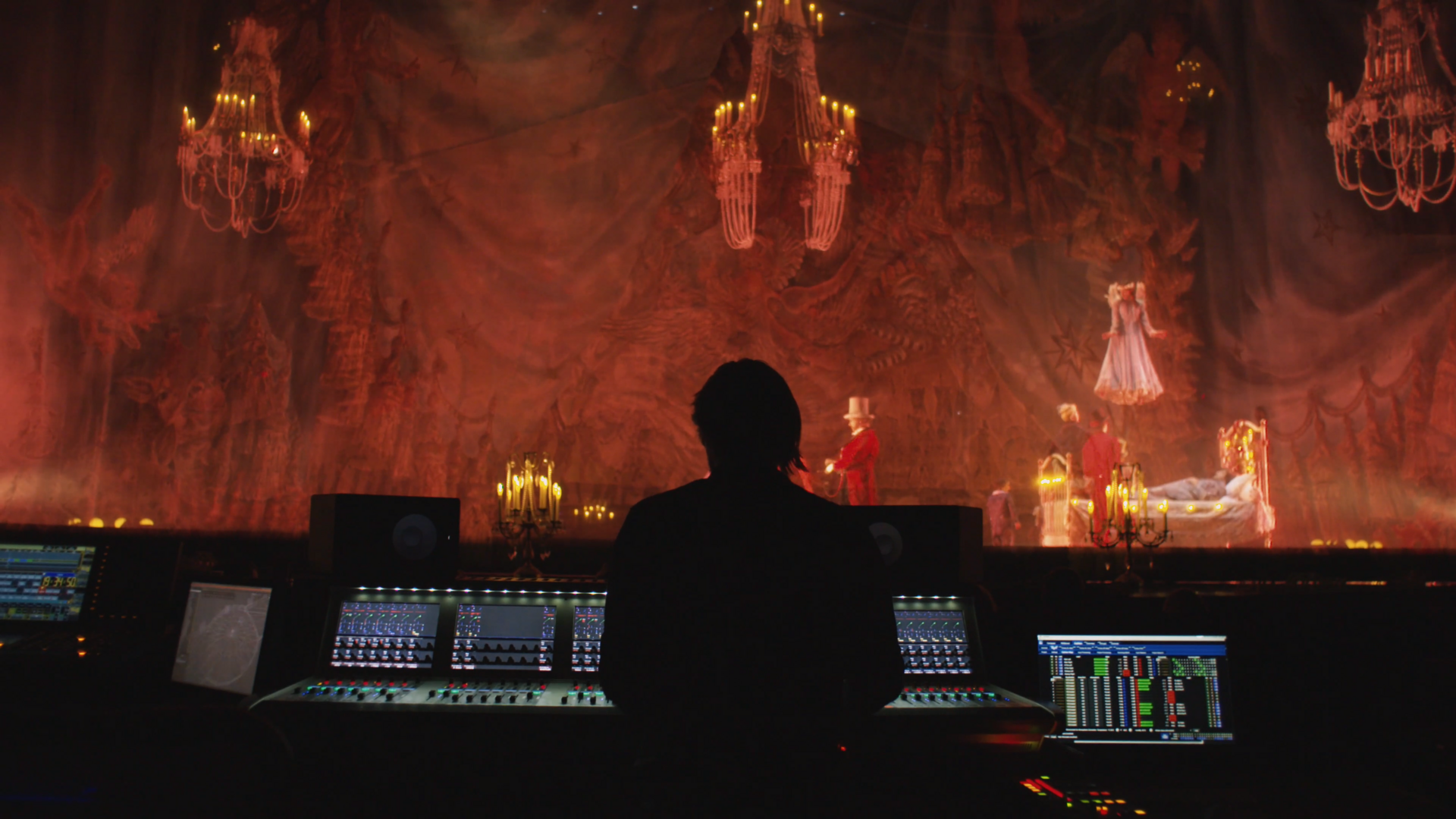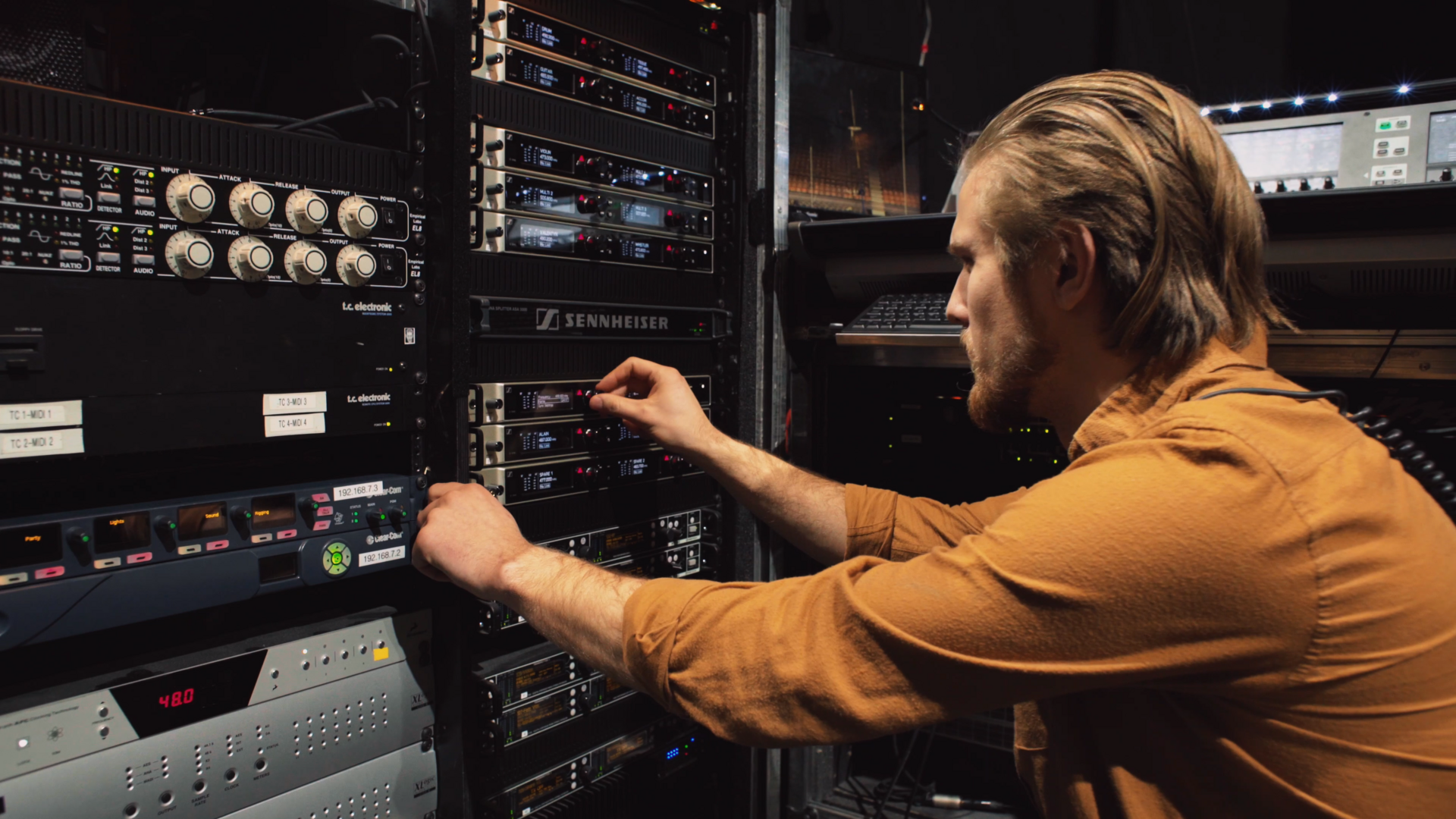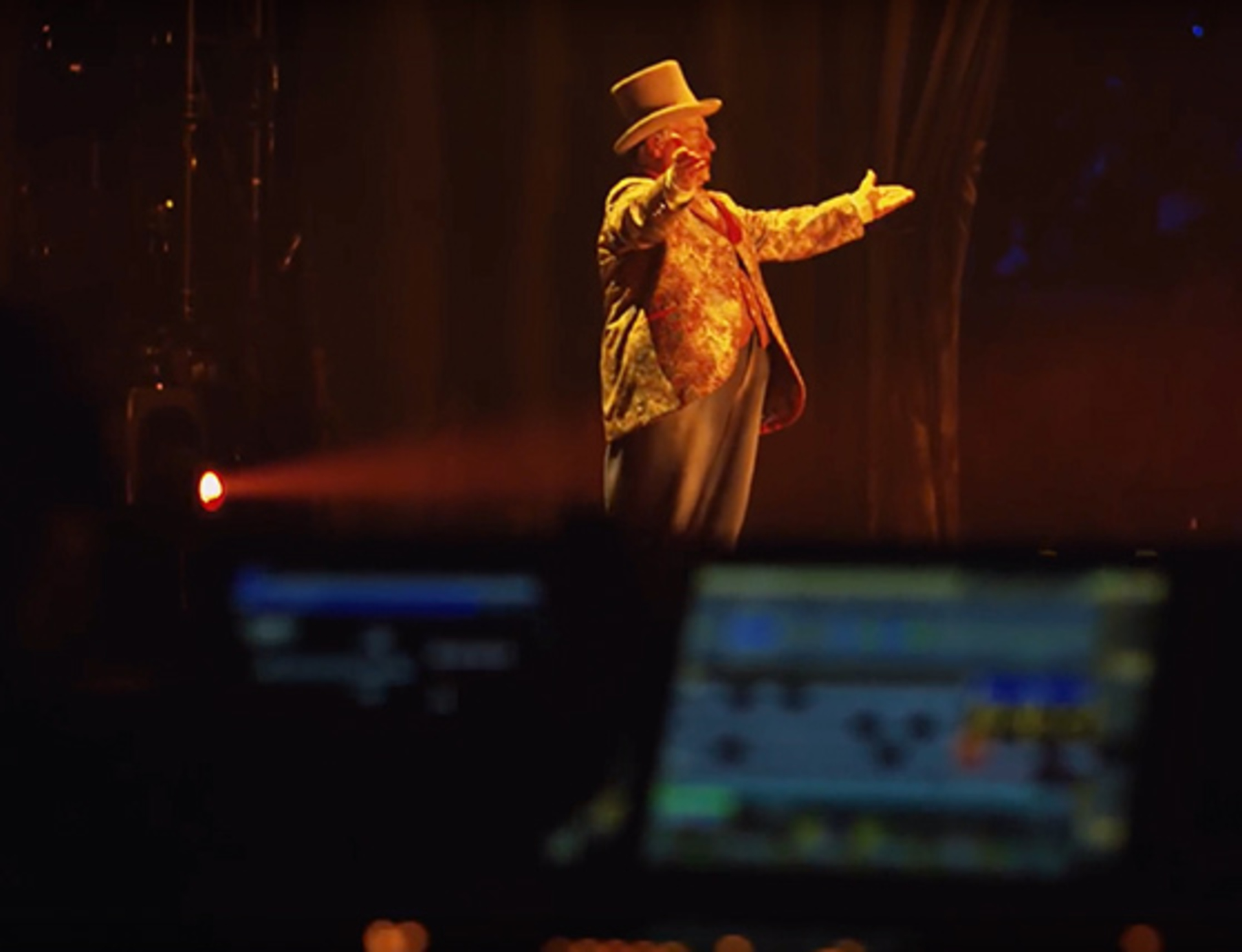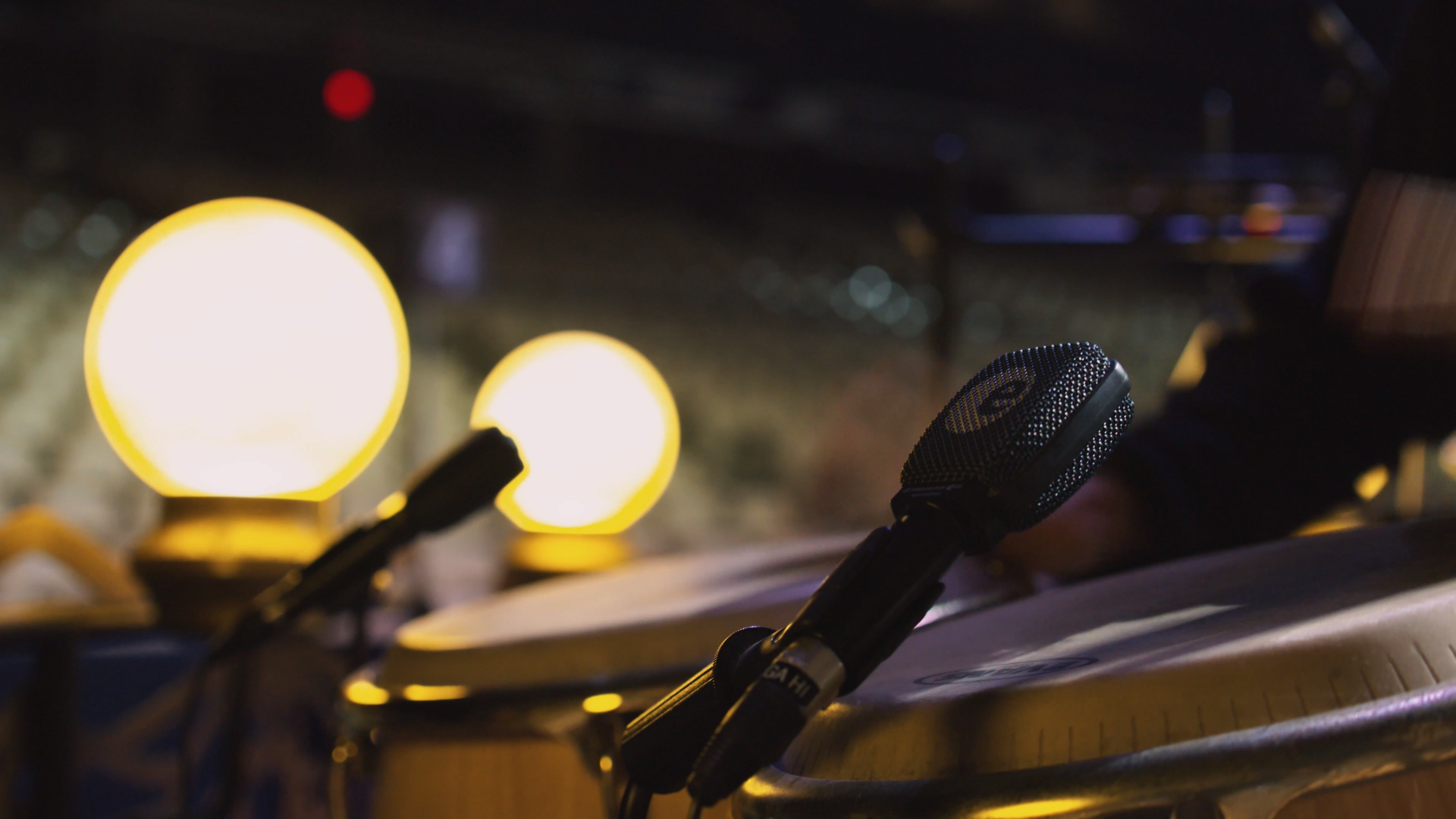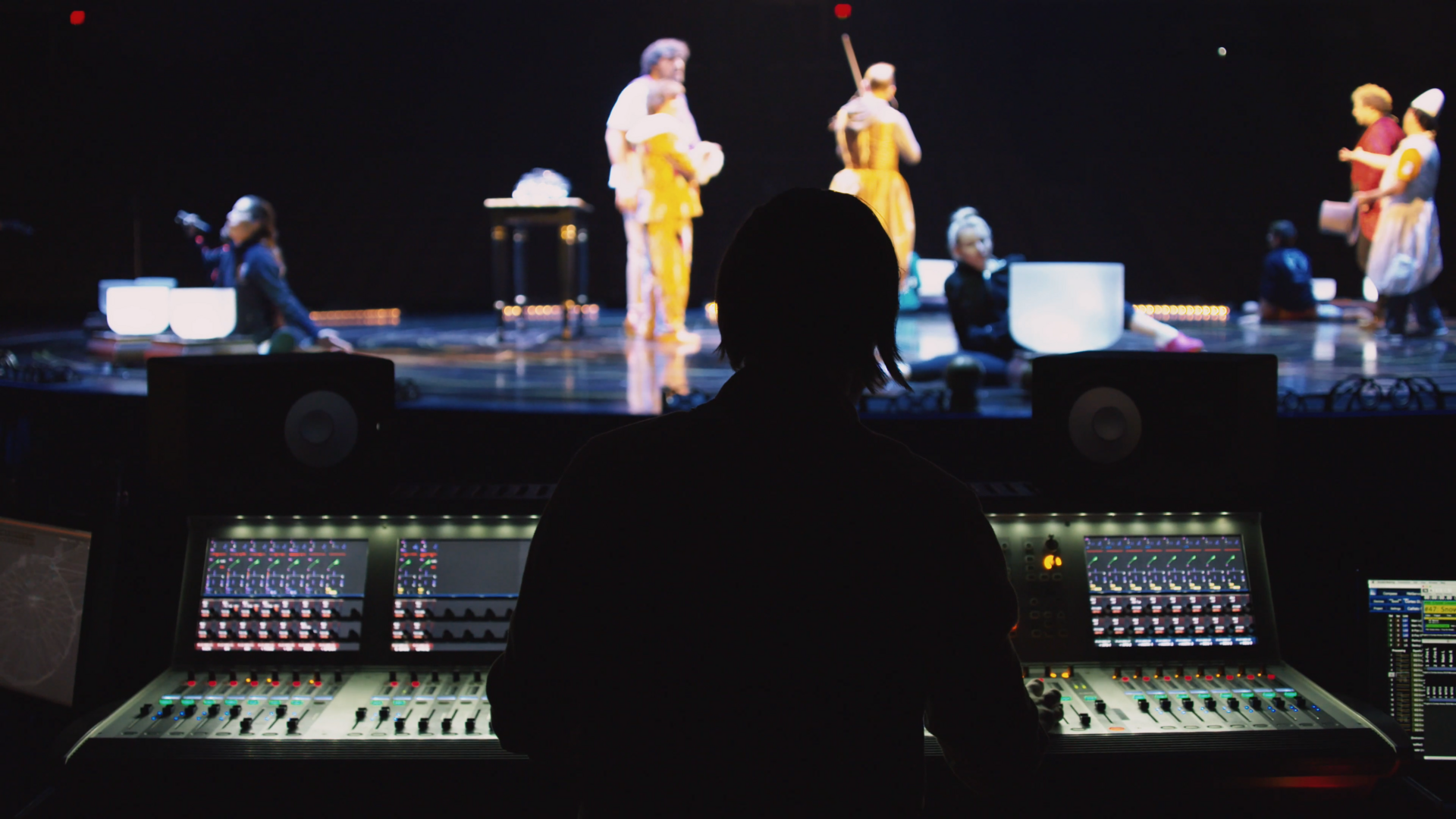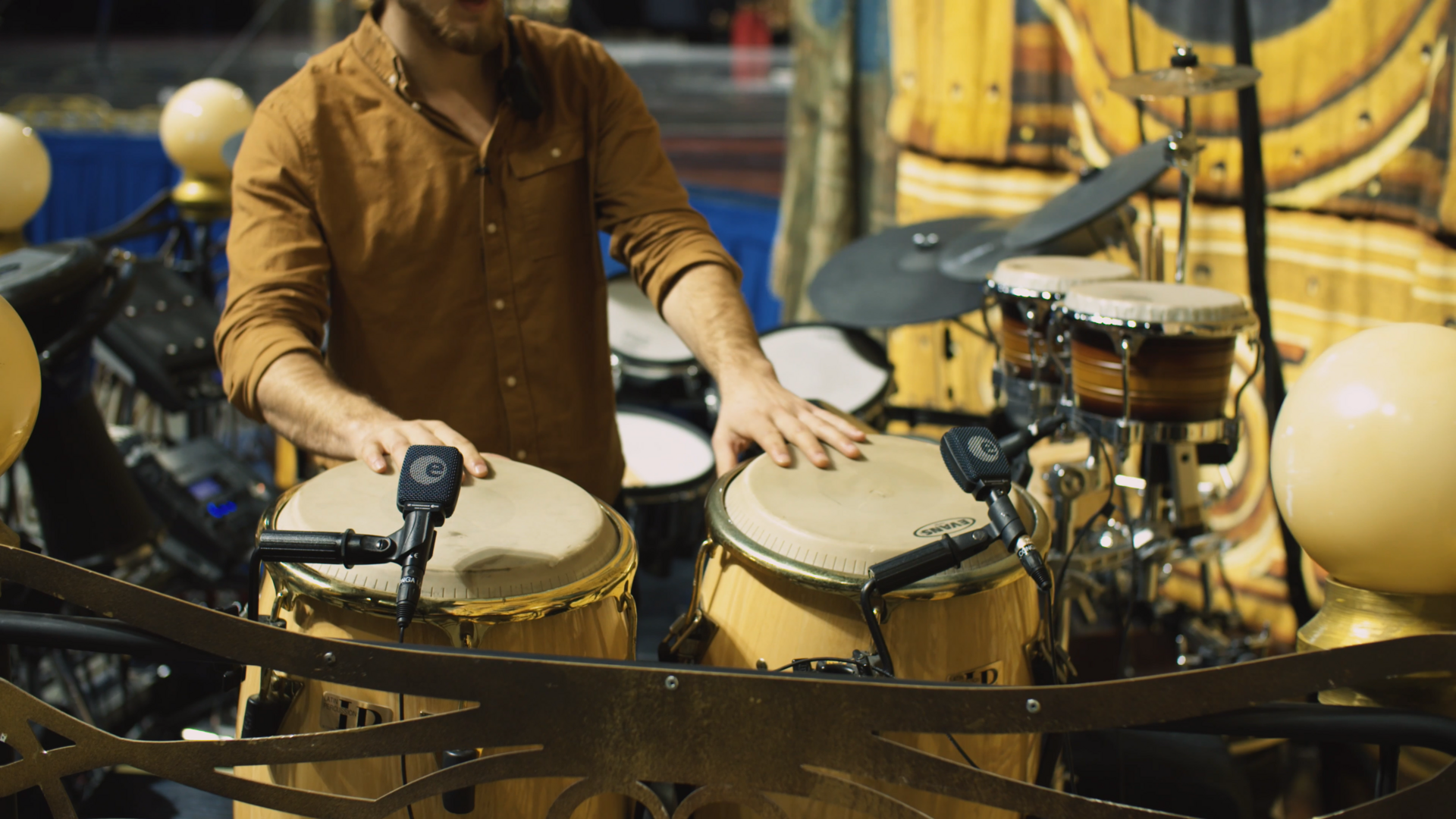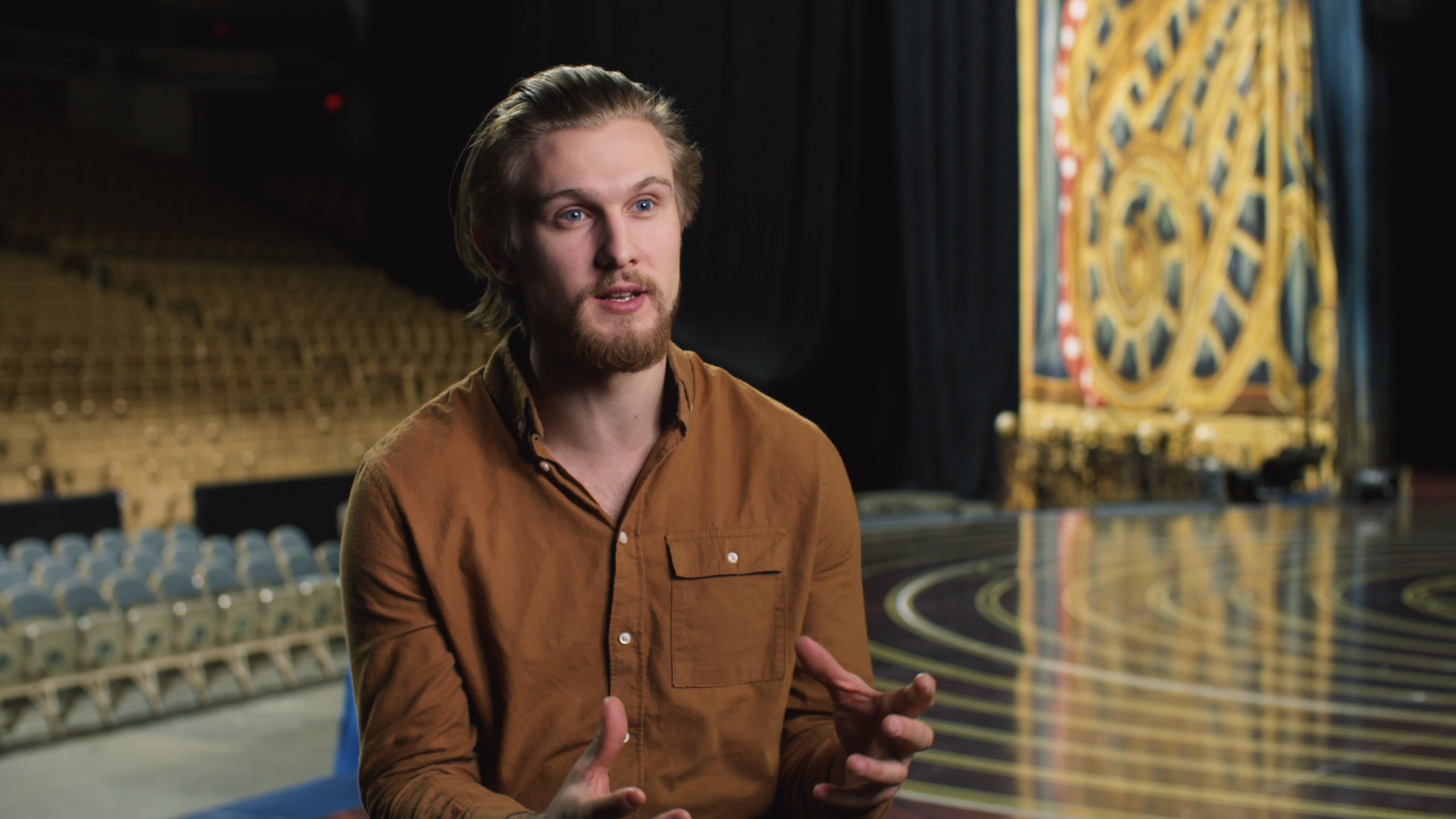With a passion for sound since his childhood that began with theatre and music performances, Christian Peterson has been a staple in the live sound industry – most especially with Cirque du Soleil. “As a kid, I really was passionate about sound – I really fell in love with speakers, microphones and recording music,” he says. “I was determined by about probably 15 that live sound was what I wanted to do. I was doing everything I could to go work at music festivals and concerts, pushing cases – the way a lot of us kind of get into the industry. For me, the kind of turning point in my career was when I started moving from small club shows into arenas and arena tours.”
From there, Peterson moved into the Cirque du Soleil circuit after approaching Kooza when it was touring in Australia. At that time, he ended up landing a job with them after a lot of persuasion. “That was really fun – it was a great experience and a great start with Cirque du Soleil,” he continues. “Cirque du Soleil was a company [that] I really wanted to work for. Since I was a kid, I'd seen the shows. Quidam was the first one I saw when I was six years old, so it has always been something that was part of my life. It's really rewarding for me now, years later, to be in this environment, doing my part with the company.”
For the past year, Peterson has been serving as Head of Sound for Cirque’s Corteo arena shows. “Touring with Cirque de Soleil is a lot of fun,” he adds. “We have a great professional environment where we're working with some of the top-of-the-line equipment and artists, and the shows are really well put together. The environment…we're working with industry professionals… and the artists themselves and the acts they perform are absolutely incredible, so it's really rewarding for us to put on a show that is at such a great caliber.”
According to Peterson, Corteo is about a clown who died and his movement through into the afterlife, during which he's seeing all the life events he’d experienced. “It's really special because it's about a real person,” he explains. “And so all the makeup and themes are all about people and humanity and some of the acts are incredibly lifelike. The traditional Cirque du Soleil setting for this show was in a big top [or] a grand chapeau, [which is] a giant circus tent – and this show actually did ten years in a circus tent before moving into this arena adaptation. What this show brings that is different to the other Cirque shows, especially in the arena sense, is that we're not performing to a downstage audience. We're performing to two separate sides and that really keeps the intimate feel.”
Though the show is no longer under a big top, the arena settings make it possible for the production to still have that circular setup, with audiences across from one another, that’s synonymous with circus performances. “It's a really interesting stage [and] there's a lot of dynamic movement,” continues Peterson. “We've got angels flying in and out of the picture… [and] a large revolving section on the stage, so artists and musicians are constantly moving about for sound. That's interesting because we have a lot of musicians who get out from their band pits and they’re actually playing on stage as well.”
